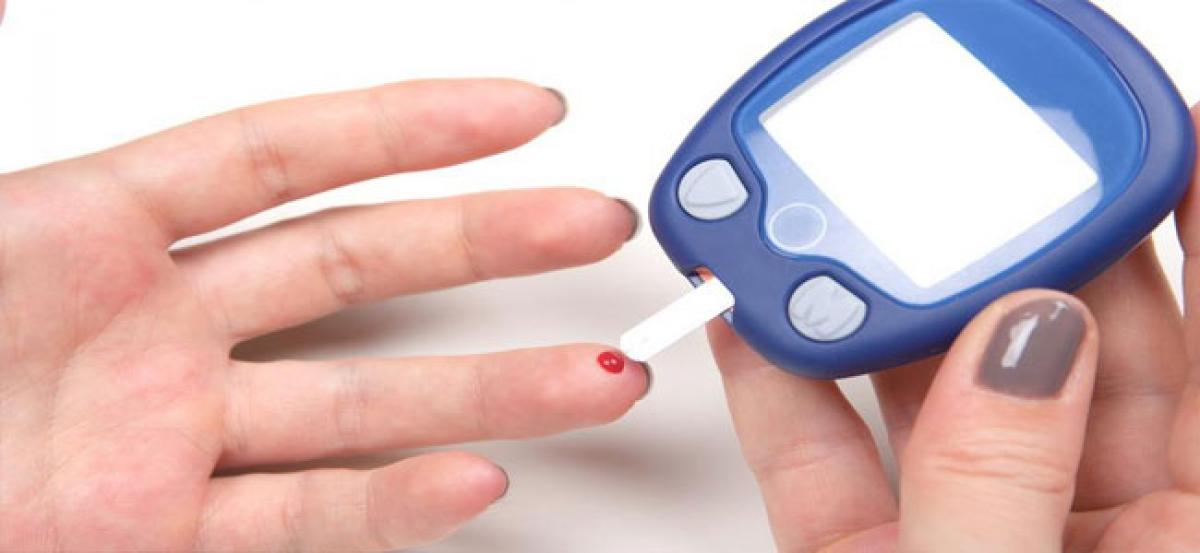How to control diabetes, study says this magic pill could help reverse the condition

Scientists have developed a less invasive and effective treatment for reversing type 2 diabetes, one that can offer the same benefits as surgery. In a study published in the journal Nature Materials, researchers administered an oral agent in rats to deliver a substance that could temporarily coat the intestine to prevent nutrient contact with the lining in the proximal bowel and avoid post-meal sp
Cure for diabetes? In a breakthrough, researchers claim they have orally administered a substance in a rat that could temporarily coat the intestine and prevent post-meal spikes in blood sugar.
Scientists have developed a less invasive and effective treatment for reversing type 2 diabetes, one that can offer the same benefits as surgery. In a study published in the journal Nature Materials, researchers administered an oral agent in rats to deliver a substance that could temporarily coat the intestine to prevent nutrient contact with the lining in the proximal bowel and avoid post-meal spikes in blood sugar.
“We envision a pill that a patient can take before a meal that transiently coats the gut to replicate the effects of surgery,” said Jeff Karp from Brigham and Women’s Hospital (BWH) in the US. “Over the last several years, we have been working with our surgical colleagues on this idea and have developed a material that meets an important clinical need,” Karp said.
Over the last decade, bariatric surgeons have made strides in performing weight loss surgery that not only reverses obesity but can also reverse type 2 diabetes in patients with both conditions. Despite dramatic improvements in quality of life and diabetes remission, the number of patients who pursue surgery remains relatively low, researchers said.
They searched for a starting material that would have just the right properties to adhere to the small intestine and then dissolve within a matter of hours. The researchers selected a substance known as sucralfate, an approved drug in the US that is used in the treatment of gastrointestinal ulcers.
The team further engineered the substance into a novel material that can coat the lining of the intestine without requiring activation by gastric acid. The engineered compound, referred to as LuCI (Luminal Coating of the Intestine), can be made into a dry powdered form that can be encapsulated as a pill.
“What we have developed here is essentially, ‘surgery in a pill,’“ said Yuhan Lee, a materials scientist in the BWH. “We have used a bioengineering approach to formulate a pill that has good adhesion properties and can attach nicely to the gut in a preclinical model. And after a couple of hours, its effects dissipate,” Lee said.
The team found that once in the intestine of rats, LuCI can coat the gut, forming a thin barrier that alters nutrient contact and lowers blood glucose response after a meal. After a meal, blood sugar levels rise and can stay elevated over time. However, one hour after LuCI was administered to the rats, the response to glucose was lowered by 47%.
The team found that this response was temporary, and after three hours, the effect essentially disappeared. The team is now testing the effect of short- and long-term use of LuCI in diabetic and obese rodent models. They also plan to advance some of their pilot studies showing that LuCI can be used to deliver drugs, including proteins directly to the gastrointestinal tract.

















